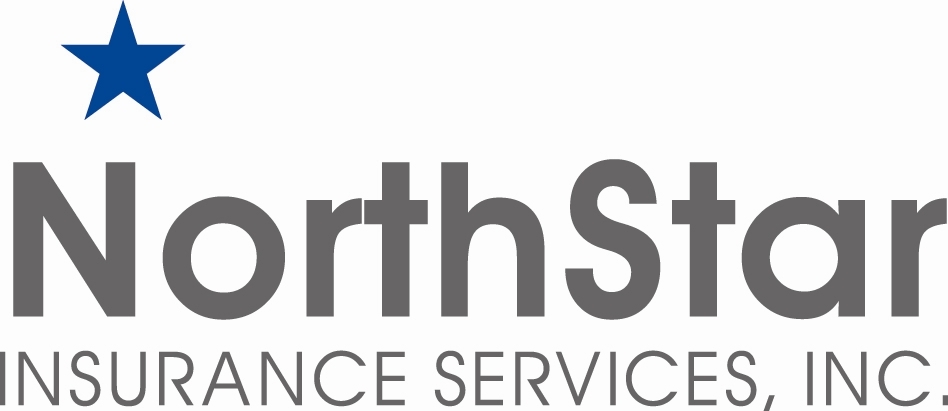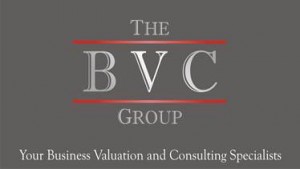For many growing start-ups, bootstrapping the business will only get you so far. At some point, you may consider external funding sources, including venture capital. As a resourceful and savvy entrepreneur, you do your homework and tap your network and professional service providers for introductions and advice. You scour the internet for the kinds of things investors are likely to ask you about your business and the kinds of questions you should ask a potential investor. You think through a lot of things, including:
- Is your company appropriate for VC funding?
- What are the tradeoffs of accepting VC funds versus other debt and equity options?
- Which venture capital firms operate in your area and who might be a good fit based on their portfolio and typical investment profile?
Since you’ve got the basics covered, here are some less obvious questions to consider asking local VCs:
What can you tell me about yourself?
You’ve probably heard it time and time again: once an investment deal is inked, everyone involved is committing to a long-term relationship. This is not purely a transactional relationship — it’s more like a marriage. To know if the two of you will click, you should get to know each other as not just professionals, but people. You should always be prepared for a planned meeting with a VC, so don’t neglect making an effort to get to know who they are: view their website, check out their profile on LinkedIn, read their blog or other published pieces. From your first meeting, think about building a lasting relationship, whether or not you end up working with them. The Boston area venture capital community is a fairly tight knit group, and a warm introduction to a VC from a company in their portfolio or another VC carries weight.
What can you tell me about your firm’s business model and investors?
You should already have a basic grasp of typical venture capital business models and heuristics, which you’ll have learned from online research, conversations with previously-funded founders, and attending events with local VCs. The response to this question will give you more insight into the motivations and performance expectations of a particular firm and an individual partner.
The people you interact with at a venture capital firm all have objectives they are trying to achieve, financial and otherwise. If there’s a fairly typical profile of the companies that they invest in and how much they invest, you should be aware of it. If they syndicate (or don’t) it can help to know why. If their investors are disproportionately one type versus another, it could impact the kinds of investments they make and their performance expectations. This understanding can help you position yourself and give you a sense of additional factors that could impact a potential deal later on, and help you be more efficient with the fundraising process for your company.
Where are you within your fund cycle?
Timing matters. The timeline until your startup gets funded - if it gets funded - could be far longer than you might expect. While there is no prescribed timeline (so don’t hold us to this!), local VCs have shared that for seed funding, it could be two weeks to two months, and for Series A or beyond, it could be two to eight months. Fund lifecycles are also important to bring into the timing equation — if a fund is in harvesting mode, it may no longer be making new investments until a subsequent fund is raised. Right after a firm announces a fund closing is when they are most likely to be actively sourcing, while a fund late in its cycle may not have any dry powder.
Ideally, you are first interacting with a VC firm long before you need the money. Relationships take time to build. Perhaps a stunning business plan will get an immediate response from VCs, but even in those circumstances, closing a funding deal can take many months. Some local VCs suggested getting introduced 6 months or more before you think you’ll need funding to start the conversation. It is fairly common for due diligence and negotiations to take time, and if you are rapidly running out of cash, it could impact the deal terms. Anecdotally, we learned that some startups begin building relationships with VCs for their next round of funding shortly after closing the previous round, to better position themselves for when they need money later on and to focus in on who they would like to work with.
How do you work with the companies in which you invest?
Many VCs have a lot to offer to startups in addition to capital, from their networks for hiring, to industry experience, to other solutions to the challenges your startup may face. Learn how they think about helping their portfolio companies and how involved they typically are in the strategy and operations of those businesses.
Before you commit with VCs for the long term, you should discuss where your start-up’s leadership team and the VC firm could see the company going. You are trying to gather information on the future opportunities for your company that the VC is most excited about and why that is the case. After getting VC funding, the decisions are no longer yours alone. If the VC wants to steer your company in a direction that you don’t agree with or has fundamentally different thoughts about your future exit, better to learn that before closing the deal. While your future vision for the company (and theirs) is subject to change, a significant mismatch now could be a sign to pursue a different relationship.
Uniqueness and Competition
The investor question here is around the differentiation of your solution and its likely defensibility over time. Low defensibility translates into low pricing power and eroded margins. Understanding who else is in the market and what they bring to the table is key. The due diligence focus will be on differentiation and those differences which actually really matter to the customer.
Finding the right investor for your business means building strong relationships with the local start-up and investor communities and doing your research. You can start with coffee chats and other informal meetings. Realize how small the world is and leverage your network as you explore potential VC funding. Investors aren’t the only ones who should be doing their due diligence.
Thank you to the Boston area VCs who took the time to participate in interviews and recent events organized by The Capital Network, and who provided invaluable feedback.
This piece is part of a series of “5 Questions” created by The Capital Network. The Capital Network is a non-profit (501c3) organization that provides extensive financial education alongside an engaged community to help early-stage entrepreneurs in Boston. We strive to help entrepreneurs master the entire funding process to successfully raise seed capital and more for their startup. For more information, visit us at <www.thecapitalnetwork.org>.
Sign Up for Our Newsletter
Sign up for our newsletter to stay up to date on our latest upcoming events
Upcoming Events














